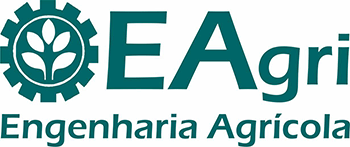Three growing systems of Arabica coffee were evaluated under the energy perspective, in the state of Espírito Santo in Brazil. The systems are conventional cultivation (CC), cultivation with good agricultural practices (CGP) and organic farming (OF). It was made a comparison of the energy flows within these three systems to show sustainable levels of each one based on production average data of several family-farming units. Therefore, we analyzed crop yield, total energy efficiency reverse (TEER), energy efficiency of ripe coffee (EERC) and non-renewable energy efficiency (NREE). OF system had values for TEER, EERC and NREE of 3.3 4.7 and 7.9 respectively. Yet CC showed values of 1.8, 1.9 and 1.6 for TEER, EERC and NREE respectively. Furthermore, CGP presented values for TEER, EERC and NREE of 0.7, 1.3 and 1.4 respectively. The highest yield was observed in CGP, reaching an amount of 1794 kg ha-1(17,455 MJ); however, this system expends more energy than it converts. Thus, over those points, OF is the most sustainable system.
agroecosystem; energy analysis; coffee; crop yield; sustainability
